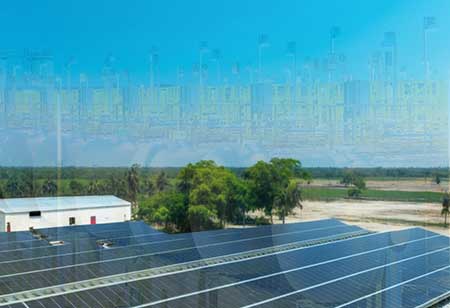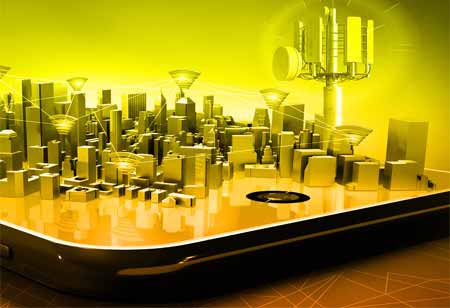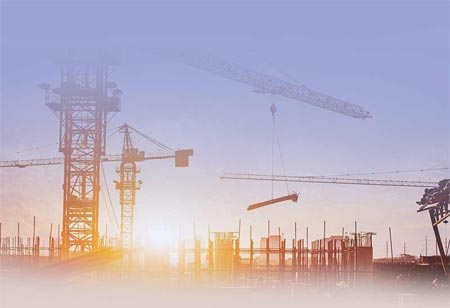Thank you for Subscribing to Construction Business Review Weekly Brief

Sustainable Sealing Solutions in Europe
Europe's construction sector promotes sustainability through environmentally friendly sealing products, resource reduction, indoor air quality improvement, and material lifespan extension, supported by the EU's Energy Performance Directive and financial incentives.
The construction sector wields considerable influence on our surroundings. Yet, conventional building methodologies frequently result in adverse effects, including heightened resource utilisation, pollution, and greenhouse gas emissions. Within Europe, a region actively advocating sustainability, adopting progressive approaches such as environmentally friendly sealing products is imperative for fostering a more ecologically sound tomorrow.
Green sealing solutions represent a progressive approach to product development, prioritising environmental stewardship and sustainability. These innovative products are crafted using recycled materials, bio-based components, and low-VOC (Volatile Organic Compounds) formulations. By employing these eco-friendly practices, they diminish the environmental impact associated with their manufacture and foster healthier indoor environments.
These solutions offer a range of significant benefits. They reduce resource consumption by incorporating recycled materials, curbing waste and preserving virgin resources. Their low-VOC formulations improve indoor air quality by minimising harmful emissions during application and curing processes, which is crucial for maintaining occupant health and well-being. Additionally, effective sealing with these products enhances building envelope performance. By preventing air and moisture infiltration, they bolster thermal insulation and reduce the demand for heating and cooling systems. This leads to substantial energy savings and aligns with efforts to enhance overall building energy efficiency.
Proper sealing emerges as a pivotal strategy in Europe's energy landscape, where buildings account for a substantial portion of energy consumption. It mitigates energy loss through leaks, cracks, and poorly sealed areas, optimising energy efficiency. By maintaining better temperature control indoors, these solutions lessen dependency on HVAC systems, lowering carbon emissions and advancing regional sustainability goals. Moreover, by safeguarding against moisture damage and mould growth, effective sealing extends the lifespan of building materials, minimising repair needs and further contributing to environmental conservation.
The European Union (EU) has implemented rigorous regulations concerning energy efficiency in buildings, as outlined in the Energy Performance of Buildings Directive (EPBD), which sets forth minimum energy performance standards for new constructions and renovations. This regulatory framework has spurred considerable innovation within the construction industry, developing advanced sealing products that boast exceptional performance characteristics.
Numerous European countries, such as France and Germany, encourage sustainable construction through various incentives. These initiatives include financial assistance and tax incentives for using eco-friendly building materials, including green sealing solutions.
Adopting sustainable sealing solutions represents a mutually beneficial scenario for both the environment and the construction sector. These products contribute to reduced resource consumption, enhanced energy efficiency, and the promotion of healthier building environments. Consequently, they are instrumental in shaping a more sustainable future for Europe. By integrating these solutions into building practices, stakeholders can achieve significant energy efficiencies and contribute positively to environmental stewardship, aligning with Europe's commitment to combat climate change.








